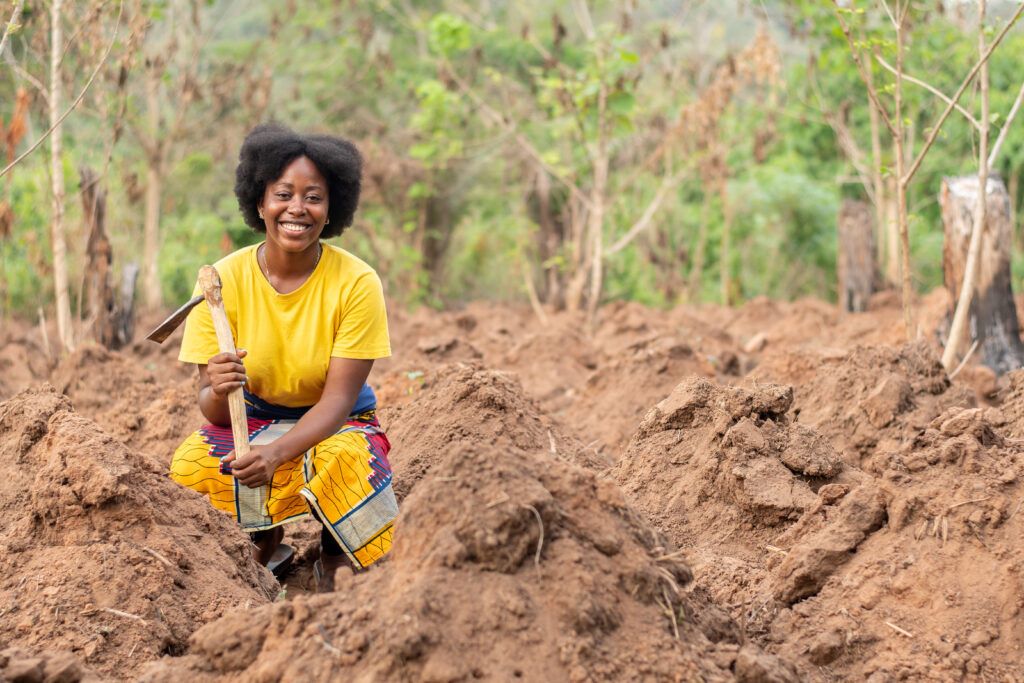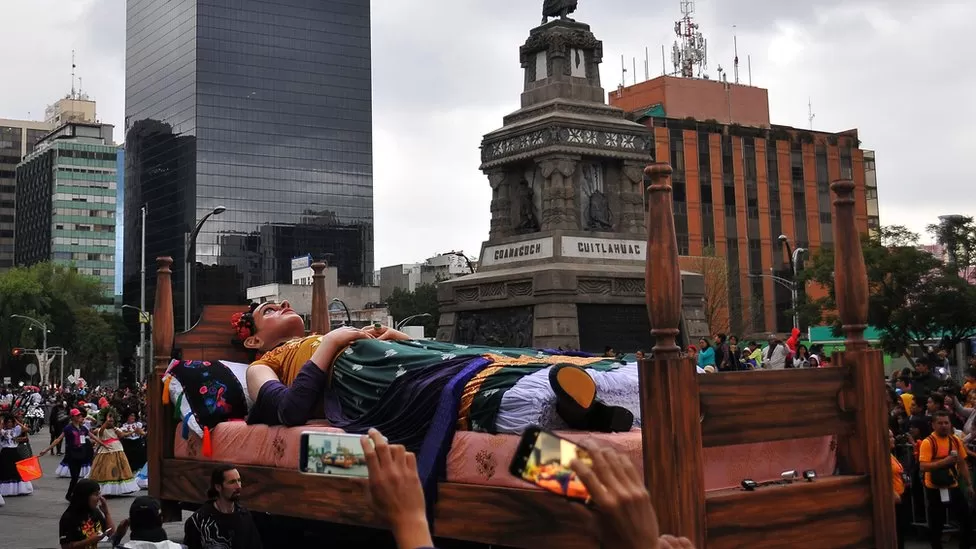About 1.5 million smallholder farmers, of whom 800,000 are expected to be women and youths in Mali, Burkina Faso, Niger, and the northern part of Nigeria, which make up the Sahel region, will soon begin to enjoy the gains of the IFDC’s Soil’s Value project recently launched in Abuja, Nigeria. The ten-year project is being funded by the Dutch General Directorate for International Cooperation (DGIS), while it will be implemented by the International Fertilizer Development Centre (IFDC) in collaboration with SNV, Wageningen University and other technical and social partners.
About 100 million euros have been set aside for this project; according to the global CEO of IFDC, Henk Van Duijn, the sum is just a trigger fund, in other words, it is expected to catalyze other agencies, such as the World Bank, the African Development Bank (AFDB) and, of course, the ECOWAS, to support the innovative venture with more funds.
What is Soil value?
The name of the project implemented by IFDC in the four Sahelian regions is called Soil Values, However, experts at the launch event expressed that, in real terms, soil value can be defined as the profitability of a soil compared to what it is used for. In other words. it is the worth of a particular soil and how much it can produce.
Expected Impact of IFDC’s Soil Value Project
Interestingly, the IFDC’s Soil Value Launch wouldn’t have come at a better time than this, when serious challenges such as soil degradation, and climate change are bedevilling the region, causing serious food shortages, hunger, insecurity and the loss of livelihoods. The worst hit are women and children.
The major objectives of this project include: decreasing the yield gaps for small scale food producers, converting farmland into an ecologically sustainable farming system, increasing the resilience of small scale food producers and their agroecological systems to the current and expected impacts of climate change, as well as other shocks.
Dr. Bidjokazo Fofana, IFDC’s Soil Values Programme Director, expressed that, in addition to the fact that the project will strengthen agricultural resilience to climate change with an emphasis on regional networking and strategic interventions, It is also expected to drive sustainable impact in the fight against desertification and land degradation.
The picture is already fascinating in that smallholder farmers and other beneficiaries, will go through well designed activities and programmes that will fundamentally and systemically improve agricultural performance and resistance to climatic shocks. This will help to increase food security and improve livelihoods. Furthermore, the initiative intends to manage not less than 21 river basins and landscapes in a sustainable manner, covering an estimated 2 million hectares of agricultural land, while assuring fair water use and ecosystem preservation.
5 Operational areas of IFDC’s Soil Value Project
Also exposed, is that the initiative will operate in five areas to attain these lofty goals, which include
- Agrotechnical and socioeconomic interventions in packages adapted to local agricultural conditions;
- Integration of landscape and watershed elements through participatory planning that promotes optimal management of soil, water, and biodiversity;
- Negotiation of financial instruments and the development of collective policies for sustainable farmland management;
- Creation of an enabling environment for participation and cooperation in sustainable soil management
- Framing of global solutions and the learning of best practices to implement innovative interventions that are both agrotechnical and socio-institutional.
How will Nigeria benefit?
Nigeria’s Vice President, Senator Kashim Shettima, was in attendance. Agriculture, he claims, is critical to Nigerian economic growth, accounting for 24% of total GDP. However, the agriculture sector is facing several issues, including soil deterioration and erosion.
Out of the 100 million euros set aside for the soil value initiative in the Sahel regions, Nigeria is expected to get approximately 40 million euros. This is expected to promote farming methods in the northern regions of the country. However, this project adds to the other long-term collaboration IFDC has with the country to improve the agricultural sector through the implementation of a variety of initiatives and projects with the support of partners such as the Netherlands and USAID. For instance, the fertilizer voucher program, which has helped about 300,000 farmers in Bauchi, Kano, Kwara, and Taraba states of Nigeria receive fertilizer subsidies,.
Who is IFDC?
The International Fertilizer Development Center (IFDC) is an independent non-profit organization established in Nigeria and other African countries. They use innovative research, market system development, and strategic collaborations to advance sustainable agriculture solutions that improve soil health, food security, and livelihoods around the world.
There vision is to have healthier soils and plants for a secure and environmentally sustainable world









